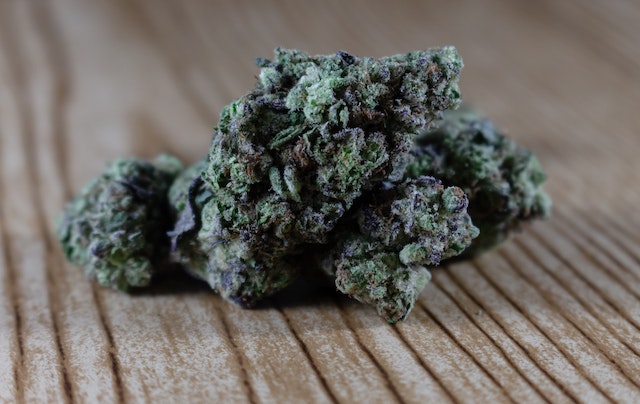THCA and Inflammation: A Promising Anti-Inflammatory Agent

In the realm of natural compounds with potential health benefits, THCA, or tetrahydrocannabinolic Acid, has been gaining attention for its intriguing properties. One of the areas where it shows substantial promise is in its role as an anti-inflammatory agent. Flower from the cannabis plant, commonly known as marijuana, contains a variety of cannabinoids, which are responsible for its therapeutic effects. Among these is THCA, which has been found to have powerful anti-inflammatory properties. In this article, we’ll explore the relationship between THCA and inflammation in a friendly and informative tone.
Understanding THCA: A Non-Psychoactive Compound
 THCA is a cannabinoid found in raw, unheated cannabis plants. Unlike its counterpart, THC (Tetrahydrocannabinol), THCA is non-psychoactive. It’s only when cannabis is exposed to heat, such as through smoking or baking, that THCA converts to THC, the well-known psychoactive compound. This characteristic makes THCA an appealing option for those looking to harness the potential health benefits of cannabis without the “high.”
THCA is a cannabinoid found in raw, unheated cannabis plants. Unlike its counterpart, THC (Tetrahydrocannabinol), THCA is non-psychoactive. It’s only when cannabis is exposed to heat, such as through smoking or baking, that THCA converts to THC, the well-known psychoactive compound. This characteristic makes THCA an appealing option for those looking to harness the potential health benefits of cannabis without the “high.”
Inflammation: The Body’s Defense Mechanism
Inflammation is a natural and vital defense mechanism of the human body. It’s the immune system’s response to harmful stimuli, such as infections, injuries, or irritants. Acute inflammation is a short-term response to these stimuli, helping the body heal. Chronic inflammation, on the other hand, is persistent and can lead to various health issues, including arthritis, cardiovascular diseases, and autoimmune disorders.
THCA and Inflammation: The Promising Connection
Research on THCA’s anti-inflammatory properties is still in its early stages, but the initial findings are promising:
- Reduction of Inflammation Markers: THCA has shown the ability to reduce levels of pro-inflammatory markers in preclinical studies. This suggests that it may help mitigate inflammatory responses.
- Potential for Pain Relief: Inflammation often leads to pain. By reducing inflammation, THCA may offer natural pain relief, making it an alternative to traditional anti-inflammatory medications.
- Possible Neuroprotective Effects: Inflammatory processes in the brain are linked to neurodegenerative diseases like Alzheimer’s. THCA’s anti-inflammatory properties may have neuroprotective effects, although more research is needed in this area.
- Gut Health: Emerging research indicates that THCA may also have a positive impact on gut health, potentially mitigating inflammation-related gastrointestinal issues.
- Inflammatory Skin Conditions: Some anecdotal reports suggest that THCA-rich topicals may help with inflammatory skin conditions, such as psoriasis and eczema.
Using THCA Responsibly
If you’re interested in exploring THCA for its potential anti-inflammatory benefits, it’s essential to use it responsibly:
- Consult a Healthcare Professional: Always consult with a healthcare provider before trying THCA or any cannabis-derived products, especially if you have underlying medical conditions.
- Choose High-Quality Sources: Ensure that the THCA product you use comes from reputable sources and is tested for quality and purity.
- Start with Low Doses: If you’re new to THCA, start with a low dose and monitor its effects on your body. Gradually adjust your dosage as needed.
- Be Patient: Remember that natural remedies like THCA may take time to show their effects. Be patient and give your body time to respond.
In Conclusion
THCA is emerging as a promising anti-inflammatory agent, offering a potential alternative to conventional treatments for inflammatory conditions. While research is ongoing, the early findings are encouraging, and THCA’s non-psychoactive nature makes it an appealing option for those seeking natural solutions to inflammation-related health issues. Always consult with a healthcare professional when considering new treatments, and use THCA responsibly to harness …







